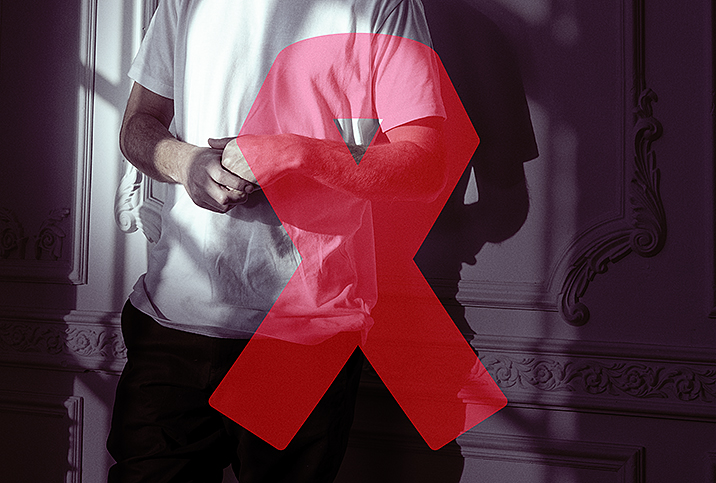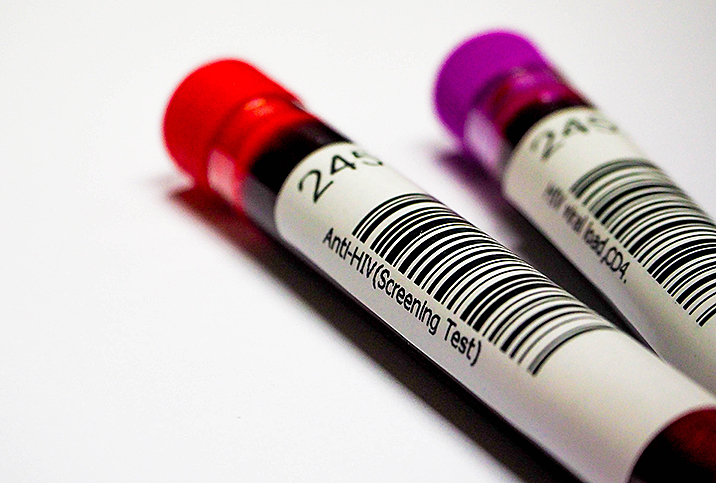How Doctors Respond When Patients Want to Stop Taking HIV Meds

Treating and managing HIV as a chronic illness has become radically simpler with each passing decade. Medicine has become streamlined, insurance coverage has become more accessible and the potential for HIV transmission has been all but negated by various resources available to doctors and patients.
If left untreated, however, HIV still presents a serious risk to the patient as well as the potential to become increasingly burdensome to communities at large.
"A patient not in care is ultimately going to, at some point in time, be more costly to all of us than a patient in care because there's going to be complications down the line," said Christine Brennan, Ph.D., a nurse practitioner and associate professor at Louisiana State University's School of Public Health.
Brennan, who has 28 years of experience working with HIV, emphasized the important role providers play when it comes to untreated HIV.
"It's our goal to get that patient to remain in care, to be in care and to support that person," she said.
The basics of U=U
For patients living with HIV, maintaining an undetectable status is key to eliminate the possibility of transmission to others. It has been well established and accepted by the scientific community that a patient with an undetectable viral load will not transmit the disease to others.
However, even with a detectable viral load, the circumstances required to cause HIV infection remain fairly specific.
HIV transmission occurs through the exchange of bodily fluids. This most generally happens during condomless sex or as a result of the use of ineffective protection measures during sexual encounters. Particular sexual behaviors, such as anal sex, are considered to be at higher risk than non-insertive sexual activities, due to the increased possibility of bodily fluid exchange.
In order of most risk, anal sex is more risky than vaginal intercourse, followed by oral sex and other methods. Breastfeeding is another activity that can facilitate HIV transmission, but the likelihood of infection is significantly less.
How different doctors intervene
"I do see patients stop effective treatment for various personal beliefs and reasons," said Paul DenOuden, M.D., a clinician and HIV care specialist in Portland, Oregon. His 20 years of experience treating HIV and AIDS patients have taught him how to approach such situations. "So, it's kind of my job as an HIV doctor to approach that patient and try and figure out where it's coming from, what's behind it and how I can help get them to a place where they are agreeable again to take the medical care that is needed. Sometimes we're successful, sometimes we're not, but it's just our job to optimally treat whatever medical condition we're working with."
Physicians do shift their perspectives over time and, regardless of geography, doctors learn and grow. For example, thousands of miles away in a very different socio-political landscape from Portland, another HIV specialist in the greater New Orleans area expressed his shift in approach toward patients over time.
"I do have patients that I've been following for 15 years now, and they're remarkable," said Markalain Dery, D.O., MPH, FACOI, an infectious disease expert with decades of experience. But when those patients elect to come off of their medications, "I tell them, listen to me, if you stop taking your meds, you're not U=U. I talk with them, I give them their options and then I tell them my office is always open for them. I'm always here for you. So, even if you're not taking your medicines, why don't you come in and just see me every four months, just like you would?"
Instead of adopting the strategy of an interventionist, he makes sure his patients know he is only a phone call away.
"Now, that's a different Dr. Dery than 20 years ago or even 15 years ago," he said with a laugh. "This is the sort of thing that happens with age, as you mature."
Compassion equals care
The job of the clinician is to work with the patient, and this requires sensitivity. One-on-one with patients, bedside manner and basic human decency are important tools for the task.
"What I can do every single time is approach every situation with empathy and compassion," Dery said. "There's an open door to my clinic any time that they want to come in."
Frequently, it may be that empathy and compassion are the exact missing elements that lead to a person with HIV abandoning regular treatment of their condition.
"In most cases, people who don't want to be in care, it's because their provider hasn't done what they need to do," Brennan said. "They haven't addressed their issues, they haven't assured them that they're addressing the side effects and they haven't provided care to them."
It is often suggested that working with people who are HIV-positive can be difficult in holistic terms. Stigma and social misconceptions create challenges with regard to the availability of resources and social services beyond basic physiological care. Perhaps if our society as a whole placed a greater emphasis on things like empathy and compassion as a function of specialized and primary care, this uphill battle would at least begin to level out.


















